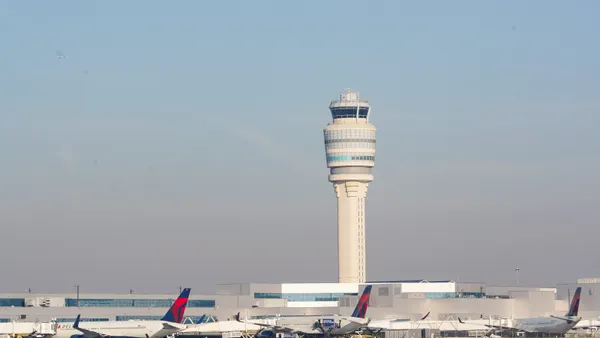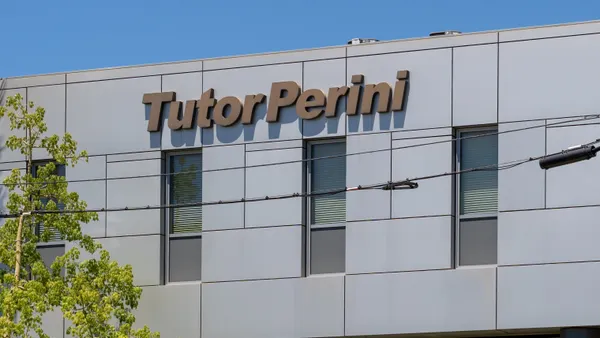Dive Brief:
- A former supervisor at the Metropolitan Transportation Authority (MTA) in New York City has pleaded guilty to obstructing a federal investigation into bid-rigging and fraud. Paresh Patel faces a maximum sentence of 20 years.
- Authorities said that Patel set up his own engineering consulting firm in order to bid on MTA repair work after Hurricane Sandy devastated the New York and New Jersey region in 2012. Patel and his partner, using the names of their children and then transferring ownership to a friend in order to get around the MTA's conflict of interest policy, were awarded MTA work, which Patel operated from behind the scenes.
- When Patel learned of the MTA Office of Inspector General's and federal investigation into his company and MTA contract, according to prosecutors, he took several actions to impede the inquiry, including deleting the new company's email account, along with incriminating emails from his personal email account; asking those who knew about his illicit activities to lie to investigators; and asking those involved with the new company to destroy evidence.
Dive Insight:
In January, the MTA's new inspector general, Carolyn Pokorny, along with the Manhattan Attorney General's Office, announced that a former Metro-North Railroad contract manager had been charged with bid-rigging and other fraudulent activity in connection with contract awards for the Metro-North commuter rail system. The investigation also resulted in the indictments of two private-sector executives.
Pokorny has been given the duty of rooting out fraud and inefficiencies at the MTA, but according to attorney Erik Ortmann, vice-chair of the construction law practice at Kaufman Dolowich Voluck LLP in New York, it will take some time to determine how effective these types of prosecutions are in reducing overall corruption in the MTA procurement process. Until then, it looks like they're moving in the right direction.
"In this case," Ortmann said, "the MTA-OIG was able to successfully identify fraud in what might have otherwise been an 'under the radar' subcontract, and they effectively collaborated with the DOT-OIG and U.S. Attorney’s Office in the criminal prosecution."
Investigative and prosecutorial actions like these, he said, are important to the MTA’s effort to reduce waste, but it is still unclear as to how much in savings these targeted efforts will net when compared to the measures laid out in the MTA’s Transformation Plan, which speaks to bigger waste issues that the MTA is trying to address.
The plan targets several areas of inefficiencies within the MTA and prescribes everything from new delivery methods to a massive reorganization of its construction operations in order to save money. This effort at reducing waste, Ortmann said, is particularly important now that the MTA is embarking on an even more massive spending program, its largest ever.
"The MTA is taking on an aggressive, substantial $51 billion capital plan with changes to its contracts and project delivery systems anticipated as the work unfolds," he said. "At the same time, MTA is seeking to go through a comprehensive transformation to its organization and business process, part of which calls for the removal of management layers and oversight, [as well as] more autonomy and delegation to managers.
"It is reasonable to have concern as to whether fraud, such as that by bad actors in its project or program management ranks, might 'slip through the cracks' amid all that the MTA is looking to change and accomplish."













